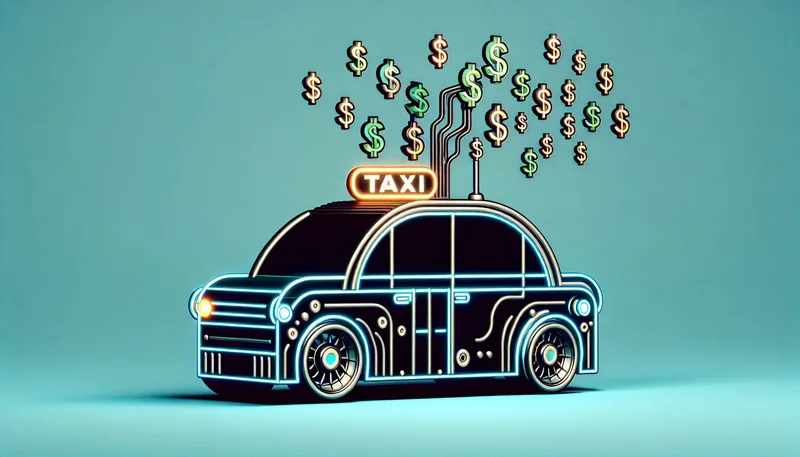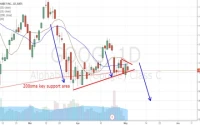Waymo's Freeway Leap: Are We Finally on the Road to a Driverless Future?
Okay, folks, buckle up! Because Waymo just announced they're unleashing their self-driving taxis onto freeways in LA, the Bay Area, and Phoenix. [https://example.com] Yes, freeways. Not just carefully mapped city streets, but the chaotic, high-speed ballet of American highways! This isn’t just an incremental upgrade; it’s a quantum leap. Think about it: cars navigating the 405 in LA, merging onto I-80 in the Bay Area, handling Phoenix traffic… completely autonomously. When I first read this, I had to reread it again. It's one thing to see these cars puttering around quiet neighborhoods, but highways? This is a game-changer.
What's the big deal? Well, for starters, it means Waymo is confident – incredibly confident – in their AI. They’ve been testing with safety drivers, sure, but now they're ready to let the system truly take the wheel. As Waymo co-chief executive Dmitri Dolgov put it, "It took time to do it properly with a strong focus on system safety and reliability." [https://example.com] And that confidence is infectious. It’s like watching the Wright brothers take off at Kitty Hawk; you know, that feeling that everything is about to change.
Shifting Gears: From City Streets to Open Roads
But it’s more than just confidence; it’s about practicality. Think about the implications. Suddenly, those long commutes across sprawling metro areas become…relaxing. Imagine hopping into a Waymo, setting your destination, and then actually being able to read a book, answer emails, or even take a nap while the car handles the stop-and-go, the lane changes, the everything. It’s not just about getting from A to B; it’s about reclaiming that lost time, that wasted energy. And with the expansion into San Jose, including airport pickups and drop-offs, the convenience factor just went through the roof. This isn't science fiction anymore, folks, this is now.
Of course, there are the inevitable concerns. I saw one headline that read, "Waymo’s Self-Driving Cars Hit NYC Streets, Sparking Concerns for Taxi Drivers." And yeah, I get it. There's a real human cost to progress, especially for those in the taxi industry, where, as history professor Graham Hodges points out, driving a cab has been a primarily immigrant occupation for over a century. [https://example.com] People like Anshu Gaba, a yellow cab driver for 28 years, who saw his savings wiped out by the rise of Uber. We can’t just ignore that.

But here’s the thing: progress doesn't have to mean displacement. It shouldn't mean displacement. This is where we, as a society, have a responsibility to ensure that the benefits of technology are shared by all. We need to be thinking about retraining programs, about new opportunities, about how we can help those who might be affected by this shift find their place in this new world. Because ultimately, this isn't just about self-driving cars; it's about creating a more efficient, more sustainable, and more equitable future for everyone.
And let's be honest, the potential benefits are staggering. Think about the reduction in accidents, the increased accessibility for the elderly and disabled, the potential for optimized traffic flow that could save us all countless hours and gallons of fuel. It’s like the shift from horses to automobiles; scary at first, but ultimately transformative.
I saw one comment on a Reddit thread that really stuck with me: "This is the beginning of the end of traffic as we know it." And honestly, I think they might be right. We're not just talking about a new way to get around; we're talking about a fundamental shift in how we live, work, and interact with the world around us.
A New Horizon of Possibilities
So, what does this all mean? It means we're on the cusp of something truly extraordinary. It means the future isn't some distant dream; it's arriving, piece by piece, innovation by innovation, right here, right now. And if we embrace it responsibly, thoughtfully, and with a commitment to ensuring that everyone benefits, then the possibilities are truly limitless. This is the kind of breakthrough that reminds me why I got into this field in the first place.










